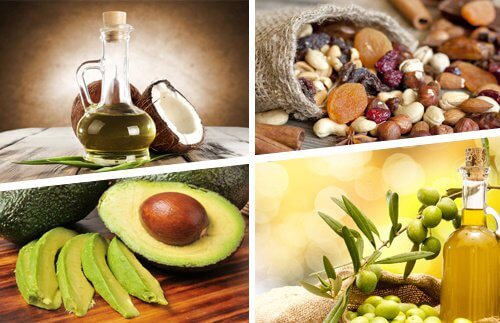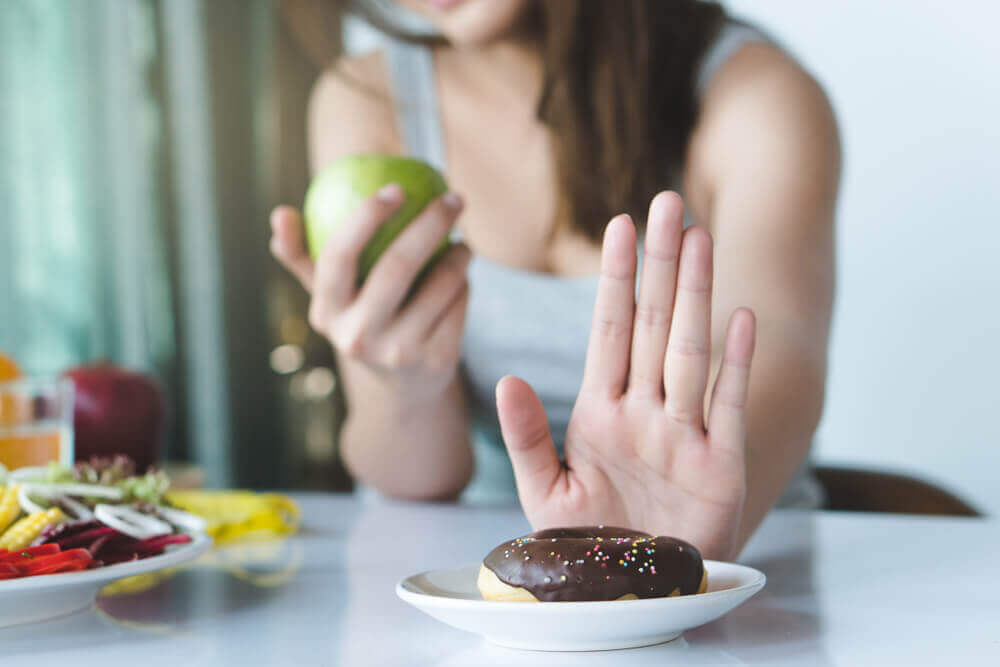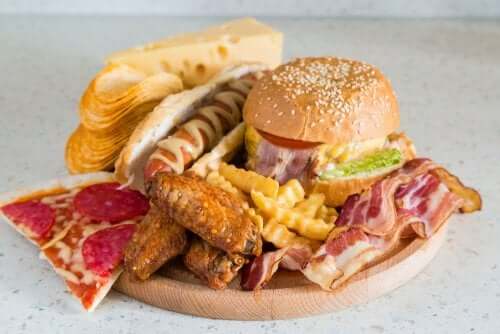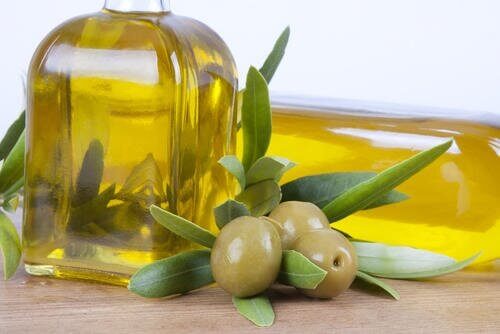Discover Healthy Fats that Won't Cause Weight Gain


Reviewed and approved by Doctor Carlos Fabián Avila
Fats are a nutrient that you can get from a variety of different foods. Some fats are essential for humans, but problems arise if you eat too much of the wrong kind.
Fat is an important part of a healthy diet, but some are better than others. Plant-based fats are generally better for you than fat derived from animal products.
Healthy fats can help reduce your risk of heart attack, stroke, and other health problems.
Today, we’ll discuss some healthy fats that you can include in a balanced diet.

Read more: The Essential Fats Your Brain Needs
What is fat good for?
The popular belief that fat just makes you fat is wrong. The human body needs fat just as it needs other nutrients in certain quantities.
Fat gives your body the energy it needs to work properly. For example, when you exercise the first calories you burn come from carbohydrates. After twenty minutes, however, your body needs calories from fat to keep going.
Consequently, it’s important to make sure you’re eating well before you exercise.
Fat is important for healthy skin and hair. It also helps absorb vitamins A, D, E, and K, also known as liposoluble vitamins. Fat also fills adipocytes and insulates your body to keep you warm.
Classification of fats
Unlike saturated fats, unsaturated fats have certain benefits, like helping to lower LDL (“bad”) cholesterol. In general, vegetable oils that are liquid at room temperature have unsaturated fats.
Experts differentiate between two types of unsaturated fats: monounsaturated and polyunsaturated. Monounsaturated fats include olive oil and canola oil, for example. Polyunsaturated fats include safflower oil, sunflower seed oil, and soybean oil, among others.
We have to also mention trans fats, which are formed when vegetable oil hardens in a process called hydrogenation. The main purpose of trans fats is to preserve foods for a long time. Trans fats, however, can be very bad for your health.

Trans fats are commonly found in canned food, though fast-food chains and some restaurants also use them.
Trans fats can raise levels of LDL cholesterol. They can also lower levels of HDL cholesterol or “good” cholesterol.
Olive oil
Olive oil is one of the best allies when it comes to preparing healthy meals. It’s an alternative type of healthy fat that we can use to lightly saute meats and vegetables, make salads and dressings, etc.
Extra-virgin olive oil isn’t absorbed much by the food that you put it on. The chemical variations that happen in olive oil when you heat it are few and slow. Frying with olive oil is actually healthier because it creates a barrier that prevents whatever you are frying from losing its nutritional value.
In addition to being delicious, olive oil has numerous health benefits. It helps avoid an overabundance of cholesterol and helps the body process fats. That’s because it facilitates bile acid synthesis in the liver.
It also reduces acid in the esophageal mucosa, and stops and regulates the emptying of the stomach into the duodenum. Olive oil can lower gastric acid, which tends to reduce the risk of gastric ulcers. Not only that but the level of fatty acids in olive oil satisfies daily nutritional requirements.
Lastly, olive oil can even help with bone strength. This can be especially beneficial to children and the elderly.

Understanding how your body works and what nutrients it needs to function properly is important. As always, if you have any questions or doubts about your health or your diet, make an appointment to talk to your doctor.
All cited sources were thoroughly reviewed by our team to ensure their quality, reliability, currency, and validity. The bibliography of this article was considered reliable and of academic or scientific accuracy.
- Chicca, F., Vale, R., & Vale, B. (2018). Food. In Everyday Lifestyles and Sustainability: The Environmental Impact of Doing the Same Things Differently. https://doi.org/10.1093/cvr/23.5.390
- Covas, M. I. (2007). Olive oil and the cardiovascular system. Pharmacological Research. https://doi.org/10.1016/j.phrs.2007.01.010
- Calabriso, N., Scoditti, E., Pellegrino, M., & Annunziata Carluccio, M. (2014). Olive Oil. In The Mediterranean Diet: An Evidence-Based Approach. https://doi.org/10.1016/B978-0-12-407849-9.00013-0
- Carrillo, L. M., Serra, J. D., Álvarez, J. R. M., i Alberich, R. S., & Jiménez, F. P. (2011). Grasas de la dieta y salud cardiovascular. Nutrición clínica y dietética hospitalaria, 31(2), 6-25. https://dialnet.unirioja.es/servlet/articulo?codigo=3788237
- Boroujeni, H. K., Sarrsfzadegan, N., Mohammadifard, N., Sajjadi, F., Asgary, S., Maghroon, M., … & Esmailzaded, A. (2012). The relation between dietary intake of vegetable oils and serum lipids and apolipoprotein levels in central Iran. ARYA atherosclerosis, 7(4), 168. https://www.ncbi.nlm.nih.gov/pmc/articles/PMC3413086/
- Ballesteros-Vásquez, M. N., Valenzuela-Calvillo, L. S., Artalejo-Ochoa, E., & Robles-Sardin, A. E. (2012). Ácidos grasos trans: un análisis del efecto de su consumo en la salud humana, regulación del contenido en alimentos y alternativas para disminuirlos. Nutrición Hospitalaria, 27(1), 54-64. http://scielo.isciii.es/pdf/nh/v27n1/07_revision_06.pdf
- Hicham Berrougui, Souad Ikhlef, Abdelouahed Khalil. Extra Virgin Olive Oil Polyphenols Promote Cholesterol Efflux and Improve HDL Functionality. (2015). ncbi.nlm.nih.gov/pmc/articles/PMC4606102/
This text is provided for informational purposes only and does not replace consultation with a professional. If in doubt, consult your specialist.








